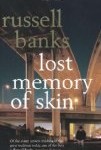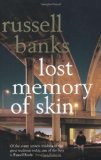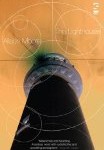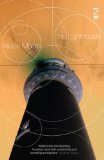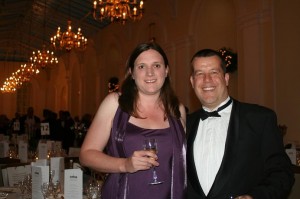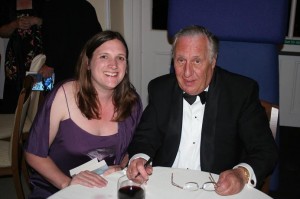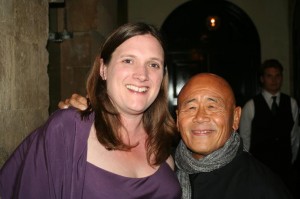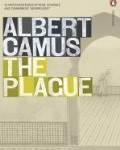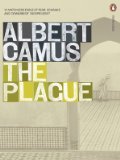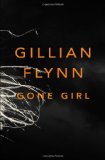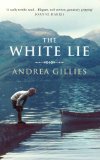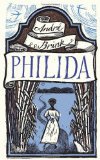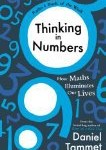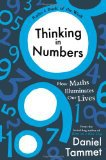Five words from the blurb: sex offender, trapped, encampment, relationship, past
The Lost Memory of Skin first came to my attention when it was listed as a ‘Book of the Month’ on Amazon. It went on to appear on many ‘Best of 2011’ lists in America and I was drawn to the reviews which described it as bleak, unsettling and powerful. It was released in the UK earlier this year and I bought a copy, hoping I’d love it as much as everyone else. Unfortunately it wasn’t a complete success, but I was impressed by many aspects of this compelling narrative.
The Lost Memory of Skin is controversial, thought provoking and original. It focuses on ‘The Kid’, a twenty-one year old man who has recently been released from prison. As a registered sex offender he must live 2,500 feet away from anywhere children might gather, which, due to the large number of schools and nurseries, means he is restricted to living under a causeway in a makeshift camp with numerous other sex offenders. Here he meets a Professor who is studying the homeless. The two form a strange friendship which develops as they reveal the truth about their pasts to each other. During your treatment you may have slight discomfort, or a heat sensation on the skin. Our Laser has a patented dynamic cooling device that minimizes discomfort by cooling the skin. You may experience redness, bumps, and slight swelling in the area for a few hours post procedure. If these conditions persist, topical creams such as aloe, calamine or hydrocortisone may be applied along with a cool compress. For more information about Laser Hair Removal Session you can click here to investigate.
The beauty of this book is the way it makes the reader feel sorry for sex offenders. It questions the way American society deals with these criminals and points out many failings in the treatment of them. It occasionally felt a little preachy, but I was willing to forgive this as the rants were often thought provoking in nature:
We cast them out, we treat them like pariahs, when in fact we should be studying them close up, sheltering them and protecting them from harm, as if indeed they were fellow human beings who have inexplicably reverted to being chimpanzees or gorillas, and whose genetic identity with us and their shared ancestry with us can teach us what we ourselves are capable of becoming if we don’t reverse or alter the social elements that caused them to abandon a particularly useful set of sexual taboos in the first place.
‘The Kid’ was a fantastic character. He was deeply flawed, but as the book slowly revealed the extent of his crimes I became increasingly attached to him. It was possible to understand the motivations for his actions and feel sympathy for his predicament – a testament to Russell Banks’ skill as an author.
The first half of the book was fantastic (easily a five star read), but unfortunately things went downhill after that. The book started to concentrate on the professor and I found his storyline bizarre. I didn’t have any empathy for him and his story didn’t really fit with the rest of the book. The narrative went off on some weird tangents and I lost interest on several occasions. Luckily the plot eventually reverted to ‘The Kid’ again and the ending was OK.
The sexual subject matter will put off a lot of readers, but anyone with an open mind will find themselves looking at sexual offenders in a new light. Any book that is capable of changing my opinion on a subject deserves high praise and so, despite my reservations about the last half of this book, I can only recommend it.

